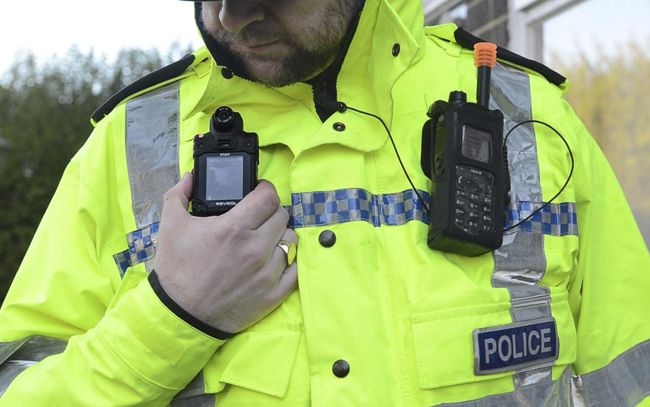Digital can transform crime-fighting and save millions
Online reporting and submission of digital evidence, such as CCTV footage, could reduce police time spent on low-level reporting which currently costs police about £130 million a year by at least 25 per cent.
Online reporting and submission of digital evidence, such as CCTV footage, could reduce police time spent on low-level reporting which currently costs police about £130 million a year by at least 25 per cent.
And the less time the police spend driving to collect DVDs of CCTV footage the more time they can spend out on the beat protecting the public, says a new report by industry body techUK.
Similarly, live-streaming of CCTV footage into control rooms and monitoring stations could dramatically reduce the £72 million that false alarms cost each year, adds the report.
Remote verification of alarms would not only save time and money, it would improve situational awareness for first responders, the benefits of which are obvious when thought about in the context of the Hatton Garden heist or during public safety emergencies, it suggests.
The report, Digital Policing: The Future of Modern Crime Prevention, highlights where technology can crucially support the ambitions in the Home Offices Modern Crime Prevention Strategy.
The report outlines techUKs vision for a technology-equipped and digitally skilled police service and makes clear recommendations on the tools that police forces, businesses and citizens can use to prevent crime.
As the nature of crime changes, how we fight it must change too, says techUK.
To ensure the UK is best placed to tackle crime effectively, its new report calls for:
Use of online crime reporting tools to improve speed and efficiency crime reporting and reduce costs for police forces;
Live-streaming of video footage to save police time and money, and improve situational awareness;
Proliferation of digital identity technologies to improve online safety and reduce the impact of cybercrime;
Police adoption of cloud-based systems to improve accessibility to data and systems;
A comprehensive and structured approach to address the digital skills gap in policing; and
A smarter approach to procurement to ensure that government and police forces are better able to access innovation.
Henry Rex, programme manager for justice and emergency services at techUK, explained: In the Home Offices Modern Crime Prevention Strategy, the Government has rightly identified the significant role that tech can play in modernising how we tackle and prevent crime.
With initiatives such as the Digital Policing Board and the Police Transformation Fund great strides have been made to ensure police are well equipped to tackle crime in the digital age. However, more needs to be done. Whether its accessing and embracing transformational technologies or developing the right digital skills set for officers, police must work with government and industry to ensure they are best-placed to take advantage of innovative technology.
Its important to remember that crime prevention is not the sole responsibility of the police and government. Businesses and citizens, too, must consider how they can use tech to reduce the impact of crime.
“By working in partnership to implement our recommendations and further invest in new technologies, we can ensure the police and the public have the resources, capabilities and digital skills to combat crime in this digital age.





